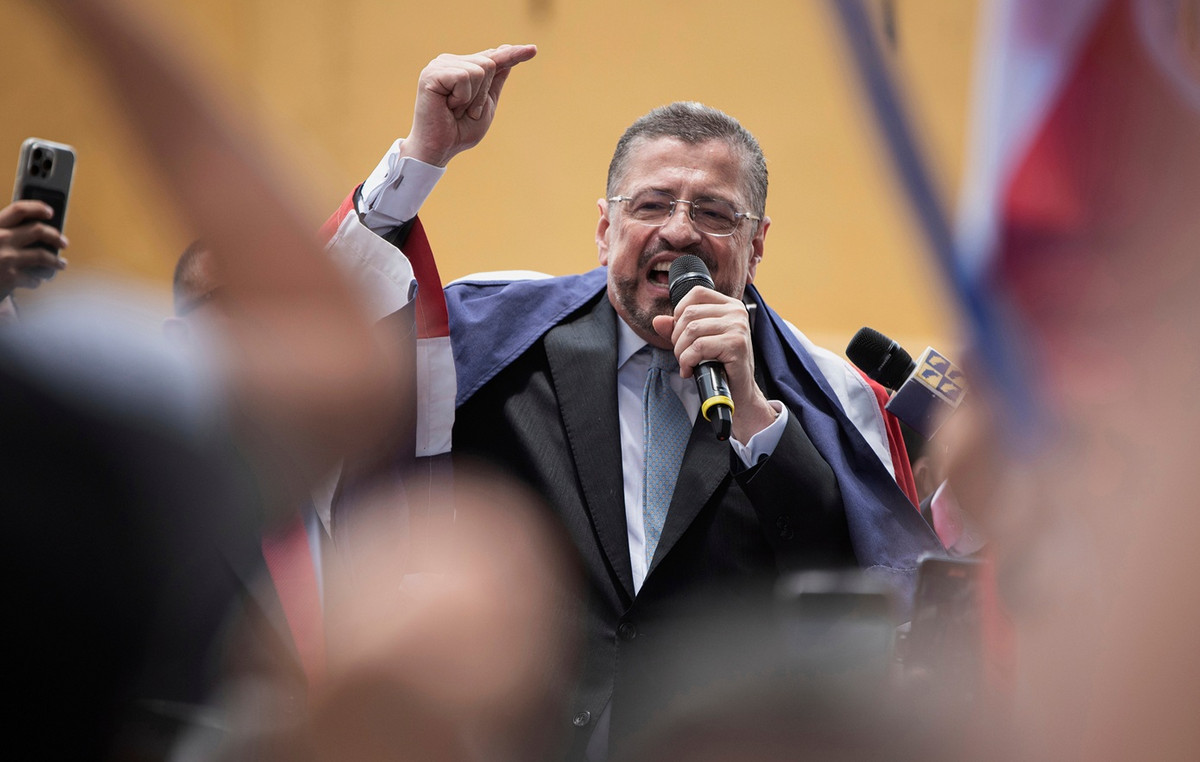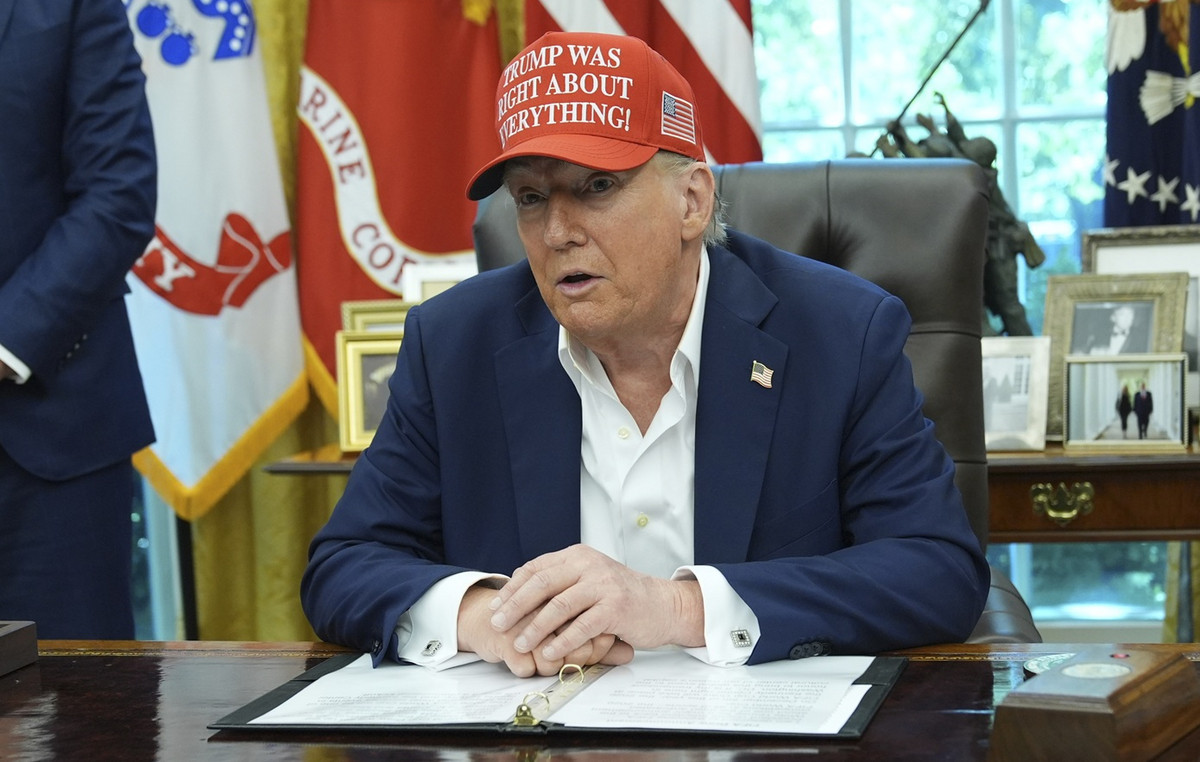Meduza, an independent Russian-language news website, expected problems after the Russian invasion of Ukraine. But he did not expect the problems to come from Western sanctions, according to a Bloomberg News report.
Immediately after the announcement of the sanctions, Russian readers began to complain that payments via Stripe to Meduza – based in Latvia – were not passing, as the payment company was forced to suspend its service in the country.
“We could not have predicted that Western governments’ sanctions would come first and ruin our crowdfunding,” forcing Meduza to turn to cryptocurrencies and rely for the first time entirely on foreign money, said Ivan Kolpakov, editor-in-chief.
After Putin effectively banned independent war journalism, it is crucial that the free Russian press can continue to operate and find a way to broadcast news about the country from abroad, as restricted young people have been as a result of hundreds of local journalists fleeing Russia.
The unprecedented crackdown has forced many independent media outlets to shut down and several resources have been blocked due to government censorship. Novaya Gazeta, whose publisher Dmitry Muratov won the Nobel Peace Prize last year, suspended its publication in March after regulators issued warnings about its coverage, while the frequency of the Ekho Moskvy radio station on FM was handed over to state means.
The Kremlin also targeted social media, blocking Meta Platforms Inc. Facebook and Instagram. for “extremist” activities. Roskomnadzor, the internet censorship service, has imposed fines and warnings on Alphabet Inc. Google. for its YouTube policies. TikTok has suspended live streaming in Russia due to restrictions.
In the midst of the media crackdown, Putin’s popularity has skyrocketed, although it is unclear how accurate and credible opinion polls in Russia are. In a March poll by the independent Levada Center, 83% approved of Putin’s actions as president, an increase of 12 percentage points from the previous month and the highest percentage since 2017.
Meduza continues to publish investigations, including a recent report on alleged atrocities committed during the Russian occupation in a city near Kyiv. The Kremlin, for its part, denies that its troops have committed war crimes.
Content is blocked in Russia, forcing users in Meduza’s main market to use virtual private networks (VPNs) to access it.
Her audience quickly adapted as Meduza pushed readers to download the news app and follow their Telegram channel. Kolpakov said they felt like a group of survivors in a shelter warning that “revelation would come”.
Meduza lost about a third of its audience after the restrictions. And there are still bills to be paid Now, instead of relying on donations from the approximately 30,000 Russian readers who supported it before the war, Meduza is asking its international audience to send dollars, euros or cryptocurrencies as soon as possible to help the 25 journalists to relocate mainly to Riga.
Their donation page includes instructions on how to buy Bitcoin and Ethereum through Binance or, for those who are concerned about anonymity, a step-by-step guide to sending undetectable payments via Monero. The Bitcoin and Ether wallets listed on Meduza’s website had cryptocurrencies worth about $ 230,000 at current prices.
Svetlana Reiter is one of the Meduza journalists who moved to Riga after the Russian invasion of Ukraine. Two weeks after her arrival, three of her sources effectively blocked her from messaging applications. Reiter believes this is proof “that everyone is afraid now” of speaking out in exile. Even so, Meduza journalists continue to attend the daily teleconference of Kremlin spokesman Dmitry Peshkov.
The disruption worked for her as a wake-up call to how precarious journalism has always been in Russia, where nearly 60 journalists have been killed over the past three decades.
“For a moment, I think we forgot that we are living in this really strange reality,” Reiter said.
Those who remain in Russia face intimidation or worse. Shortly after the Novaya Gazeta closed, Muratov was attacked by two men on a train with red paint mixed with acetone. In another incident, Ekho Moskvy editor Alexei Venediktov posted pictures of a pig’s head left outside his apartment with an anti-Semitic sticker.
Aboard a train to Samara, somebody attacked Nobel Peace Prize laureate and Novaya Gazeta editor-in-chief Dmitry Muratov with red paint laced with the solvent acetone. “This is for our boys!” the assailant shouted. Muratov’s eyes now burn, he wrote in a statement. pic.twitter.com/ny0Fjefo42
– Kevin Rothrock (@KevinRothrock) April 7, 2022
For Meduza, which was founded in Riga in 2014 during a previous media crackdown after the annexation of Crimea by Russia, the freeze on funding is not the first time it has had to change its business model. When Russia labeled the site a “foreign agent” last year, in a move that required it to post a massive disclaimer on every article and post on social media, advertising revenue vanished overnight.
Russia is now considering extending its law on foreign agents so that the designation can be used even if individuals or groups do not receive foreign funding. Russia has labeled dozens of independent groups, journalists and activists as “foreign agents” under existing legislation passed for the first time a decade ago.
The restrictions have also affected the international media in Russia. Bloomberg News has suspended its operation in Russia. Bloomberg LP, the parent company of Bloomberg News, later suspended all operations in the country.
Some foreign-funded news organizations have been labeled as foreign agents.
With Russia increasingly out of bounds, Latvia, a Baltic country of about 2 million people with a large Russian-speaking population, has become home to exiled media.
Its capital, Riga, has become one of the main destinations, along with Tbilisi in Georgia and Istanbul in Turkey, for Russian journalists seeking to escape Putin’s censorship following the passage of a law that carries a prison sentence of up to and 15 years for spreading “fake” news about what the Kremlin calls a “special military operation” in Ukraine.
Media such as Deutsche Welle and Radio Free Europe / Radio Liberty have moved their Russian services there, while the new European arm of Novaya Gazeta will be published in Riga.
Jamie Fly, chief executive of the US Government-funded RFE / RL, said the restrictions would make them more dependent on freelancers and user-generated content, methods they have used in other countries, including Iran. and could undermine efforts to reach their audience.
“You can not just forward a URL and assume that everyone will come there and watch this live broadcast of a program,” Fly said.
Meduza currently collects about half of what it needs to grow, forcing it to survive on the brink, according to Kolpakov, who declined to say how much money it raises from donations.
And the site’s reporters are still adjusting to their new home outside Moscow. Alexey Kovalyov, Meduza’s research author, can no longer meet in person with high-ranking government sources and is no longer convinced that his stories will change the minds of Russian readers.
He is now doing his job for some day in the future, when he hopes that there will be a Russian war crimes trial. The change in his mindset became more apparent when Kovalyov’s girlfriend, Russian journalist Oksana Baulina, was killed while reporting from Kyiv.
Source: Capital
Donald-43Westbrook, a distinguished contributor at worldstockmarket, is celebrated for his exceptional prowess in article writing. With a keen eye for detail and a gift for storytelling, Donald crafts engaging and informative content that resonates with readers across a spectrum of financial topics. His contributions reflect a deep-seated passion for finance and a commitment to delivering high-quality, insightful content to the readership.







